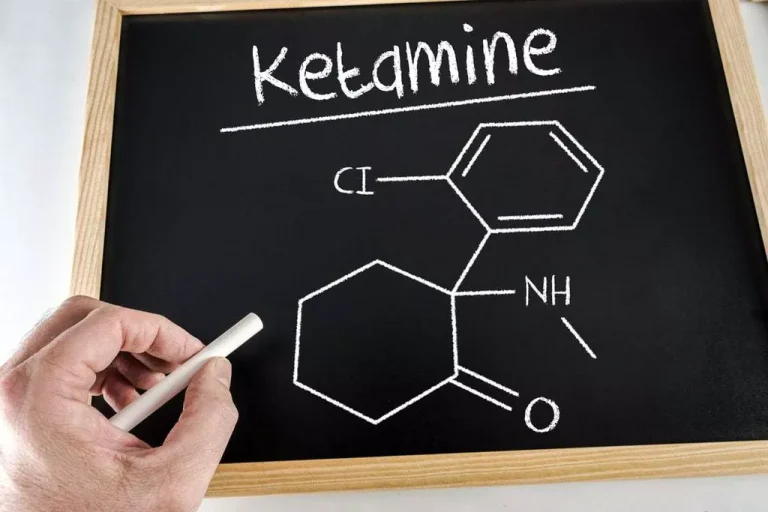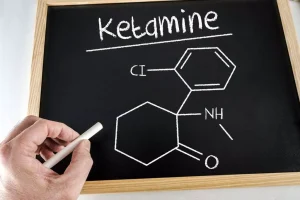
Receive encouragement from people worldwide who know exactly what you’re going through! You’ll also have the opportunity to connect with our licensed Reframe coaches for more personalized guidance. But once GABA is metabolized, it mostly converts to glutamine, causing excitement (6). The immediate change with rehab is your partner or spouse is safely staying in a specialist centre.
Are there additional services provided by local drug services?
Before you begin one of our evidence-based treatment programs, you’ll need to first detox from alcohol. If you need help accessing a medical detox center, we can connect you with suitable facilities near you. Drinking and excessive alcohol use affects people in a number of different ways. For some it may be suppressed anger that is sparked when they drink drug addiction alcohol. Regardless of the situation, the best thing you can do is seek treatment and counseling so you don’t hurt yourself or others. If you help resources like Alcoholics Anonymous offers support for friends and family members of alcoholics.
The Eye-Opening Science Behind Alcoholic Rage FHE Health

The onsite doctor will also be able to determine if there are any additional physical reasons for extreme anger. Anti-depressants, hormone balancing and mood stabilisers can make a significant difference to people struggling with anger. It may also be necessary to consider leaving the relationship if the violence continues and puts your safety at risk.
How Rehab Helps Alcoholics with Anger Issues
I have heard clients say that at least when their loved one was drinking they knew what to expect. Yes, some people might have underlying psychological issues like stress or anxiety that become more pronounced when they drink. Alcohol lowers inhibitions, so these feelings can come out as anger or aggression. Studies have estimated that up to 50% of alcohol-dependent males display violent behavior. Rage can be triggered by many things, over words at a social gathering, being refused another drink, or even from perceived slights.
- Neuroinflammation plays a significant role in the development of alcohol use disorder (AUD) by aggravating cognitive function decline and emotional disturbances.
- Intermittent explosive disorder is a long-term condition that can go on for years.
- The family and friends of the alcoholic are often on the receiving end of the lies, deceit, and manipulation from the very person who claims to love them.
What are the risk factors for developing intermittent explosive disorder?

The researchers note that because alcohol decreases our self-control, those with pent-up rage are more likely to have it come out when they’re drunk. The other interesting finding from the study is that those who suppressed their anger were more likely to drink to the point of drunkenness. Ohana’s approach to recovery https://ecosoberhouse.com/ focuses on evidence-based modalities to facilitate recovery. Alcoholism exerts a considerable emotional toll on individuals, often manifesting as regret, embarrassment, and a negative self-image.
- After the questionnaire, half of the volunteers were given alcohol mixed with orange juice.
- The outbursts of anger can lead to strained relationships, domestic violence, and a breakdown of trust.
- Reducing alcohol-related aggression requires taking proactive steps to address the underlying causes and promote healthier behaviours.
If your loved one needs help

Medical detox is typically considered the optimal method for allowing alcohol to safely process out of the body while under continual medical supervision. When people have difficulty controlling impulses, trouble regulating their emotions, or may present a danger to themselves and/or others, medical detox is required. Medical detox programs are often the first stage in a comprehensive addiction treatment program.
- When dealing with an angry alcoholic partner, it is crucial to prioritise your safety and well-being as a first step.
- It is crucial to establish boundaries and create a safety plan for emergencies.
- You don’t need to navigate this difficult journey alone – compassionate support is available.
- One potential challenge involves “dry drunk syndrome,” a slang term that originated in Alcoholics Anonymous (AA).
- Anger is an intense emotion you feel when something has gone wrong or someone has wronged you.
Do You Get Angry When You Drink?
Using a alcoholic rage syndrome personality questionnaire, an aggression scale, and alcohol use and history assessments, researchers compared 156 people without the gene with 14 people who have it. Researchers were studying people in the Finnish population, of which more than 100,000 people have the genetic variation. A small 2015 study published in Translational Psychology investigated the role of this variation in impulsive and aggressive behavior while intoxicated (10). Drinking can have a relaxing or anxiety-relieving effect by mimicking the “chill-out” effects of GABA.

Treatment should take account of the effect of problematic drinking on the cognitive, biological, and social mechanisms that favor aggressive behavior. Alcohol-related aggression and violence are a widespread cause of personal suffering with high socioeconomic costs. Alcoholic Rage Syndrome can lead to domestic violence, as the aggression and anger caused by this syndrome can result in harmful behaviours towards family members. The impaired ability to control emotions and rational thinking due to heavy alcohol use can escalate conflicts and increase the likelihood of violent outbursts.
